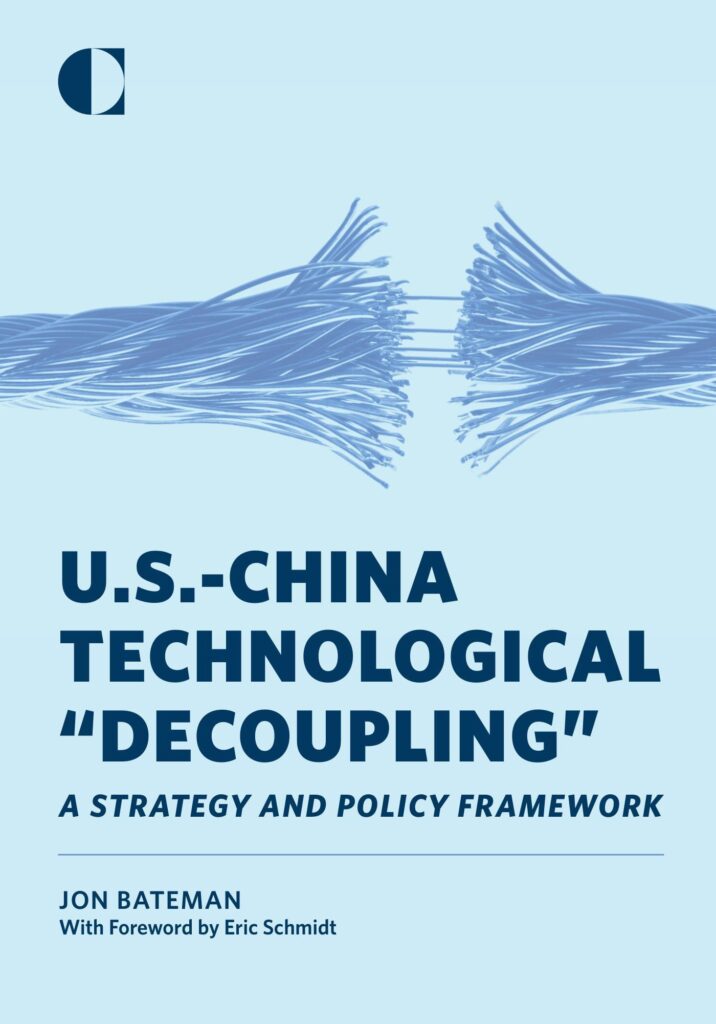In a bold move that signals rising tensions between international superpowers, China has recently implemented sanctions on several U.S. defense contractors. This strategic countermeasure is a crucial development in the ongoing power play between the two nations, with far-reaching implications for the future of global security. Let’s delve into the intricacies of China’s sanctions and explore the potential impacts on the defense industry and beyond.
Overview of Chinas Sanctions on U.S. Defense Contractors
China’s recent sanctions on U.S. defense contractors have sent shockwaves through the international defense industry. These strategic countermeasures are a response to the U.S. government’s support for Taiwan and its arms sales to the island. By targeting key players in the U.S. defense sector, China is flexing its economic muscles and sending a clear message that it will not tolerate interference in its internal affairs.
The impact of these sanctions is significant, as U.S. defense contractors rely heavily on international partnerships and contracts. With China imposing restrictions on these companies, the global defense landscape is set to shift. This move by China is not only a warning to the U.S. but also a signal to other countries that it is willing to take bold steps to protect its sovereignty and national interests. The repercussions of China’s sanctions will be felt far and wide, setting the stage for a new era of geopolitical tensions and rivalries.
Impact on U.S.-China Relations and Global Arms Trade
China’s recent sanctions on U.S. defense contractors have sent shockwaves through the global arms trade industry, resulting in a significant impact on U.S.-China relations. This strategic countermeasure by China is seen as a retaliatory move against the U.S. for its arms sales to Taiwan and other actions that Beijing perceives as provocative. The imposition of sanctions on U.S. defense contractors not only serves as a warning to the U.S. government but also signals China’s willingness to take bold steps to protect its national interests.
The repercussions of China’s sanctions have reverberated across the global arms trade, causing ripple effects on both sides. Key players in the arms industry are now forced to reassess their business strategies and partnerships in response to the changing dynamics between the U.S. and China. This development has sparked concerns about the future of arms trade regulations and international security cooperation. As tensions continue to escalate between the two superpowers, the implications of China’s strategic countermeasure on U.S.-China relations and the global arms trade remain unpredictable.
Strategic Recommendations for U.S. Defense Contractors
In response to China’s sanctions on U.S. defense contractors, it is crucial for these companies to implement strategic countermeasures to mitigate the impact on their operations and financial stability. Here are some recommendations to navigate this challenging situation:
- Diversify Client Base: U.S. defense contractors should consider expanding their client base beyond the domestic market to reduce reliance on Chinese customers.
- Enhance Cybersecurity: With the increasing threat of cyberattacks, investing in robust cybersecurity measures is essential to protect sensitive information and assets from potential breaches.
Potential Economic and Security Implications from Sanctions
China has recently imposed sanctions on several U.S. defense contractors in response to the U.S. government’s decision to sell arms to Taiwan. These sanctions have the potential to impact both the economic and security landscape between the two nations.
The implications of China’s sanctions on U.S. defense contractors include:
- Disruption of supply chains: The sanctions could lead to disruptions in the supply chains of the affected defense contractors, affecting their ability to fulfill contracts and deliver products on time.
- Increased tensions: The imposition of sanctions could escalate tensions between the U.S. and China, leading to further strain in their already fragile relationship.
Concluding Remarks
China’s decision to impose sanctions on U.S. defense contractors serves as a strategic countermeasure in the ongoing geopolitical tensions between the two countries. These actions have far-reaching implications for the defense industry and international relations as a whole. It remains to be seen how this will impact future collaborations and negotiations between China and the United States. As the situation continues to evolve, it is important for both parties to approach these challenges with caution and diplomacy. Only time will tell what the future holds for this complex and dynamic relationship.


